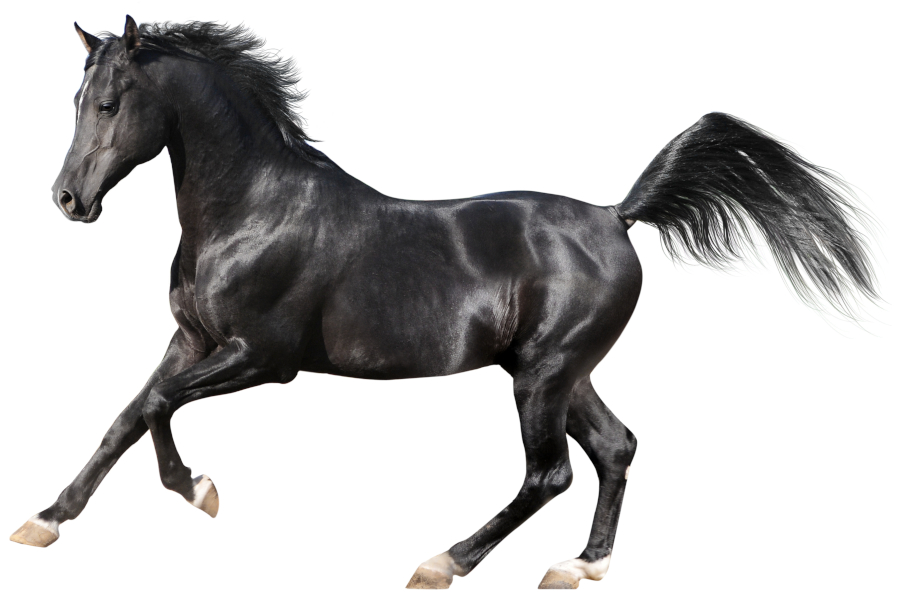Sample Collection
Horse DNA tests are carried out using cells from the roots of a hair sample (roughly 20-40 hairs).
1. Grab about 10 hairs at the base.
2. Wrap the hairs around your finger and give it a quick pull.
3. Check the ends to make sure the pulled hairs have roots.
4. Repeat the process until you have collected about 20-40 hairs with intact roots.
5. You can choose different places on the mane or tail. NOTE: For foals, we recommend pulling all hairs from the tail only.
6. Tape the hairs to the submission form and fold the form along the dotted line to protect the sample. Do not use ziploc bags as they can cause condensation that allows mold to grow on the hair.
7. Place the folded form containing the sample in a paper envelope and mail it to the laboratory.

